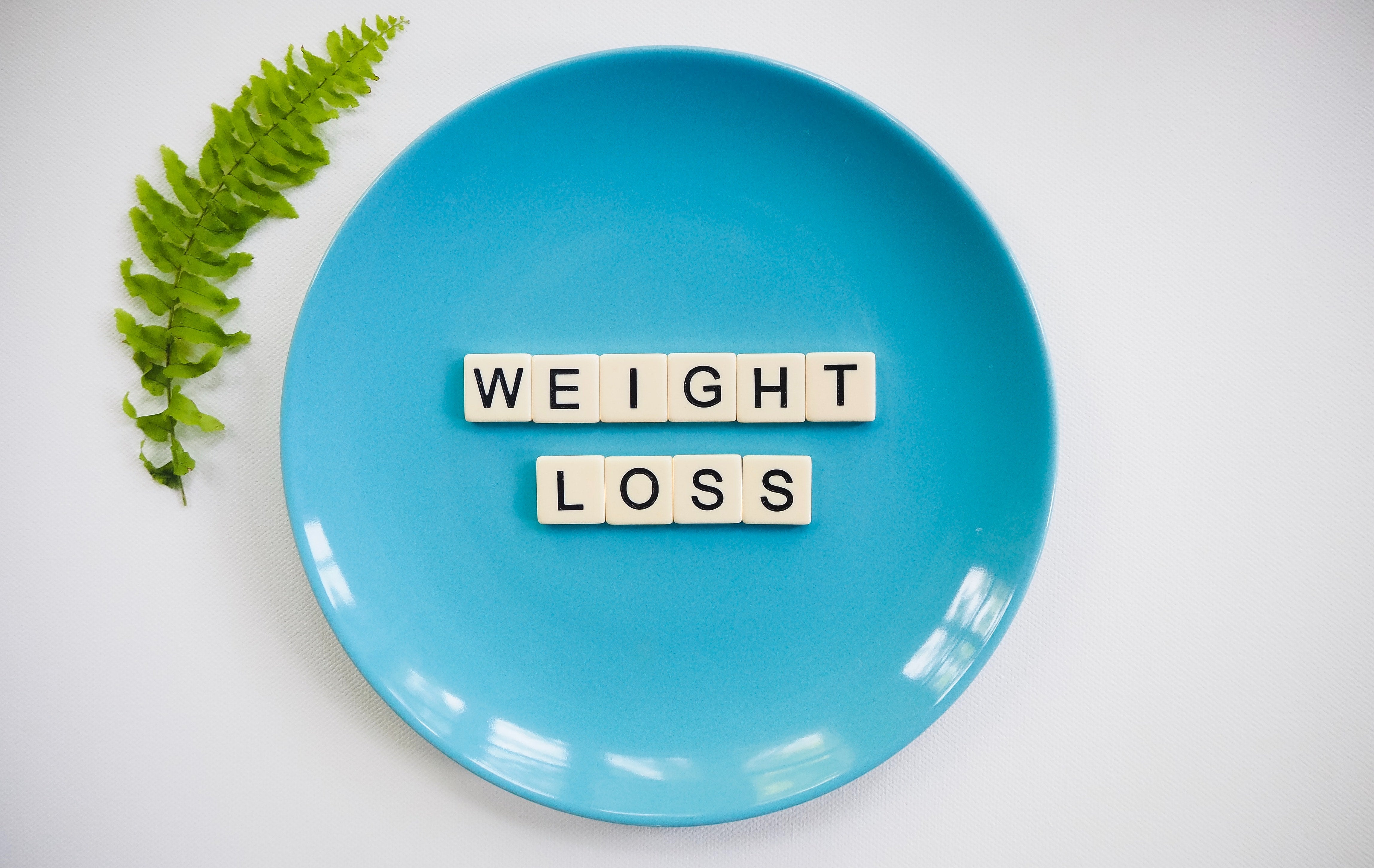Your Cart

5 Biggest Myths About Weight Loss
“Never eat after dark.”
“Just cut out gluten.”
“Eat six small meals instead of three large ones.”
We’ve all heard these “quick-fix” weight-loss myths before. The problem is that no one food or behavior can magically improve weight loss, and sometimes these diet myths can be downright dangerous. For example, low-carb fads led to many people spiking their cholesterol because they thought as long as they skipped the bread they could eat all the fatty meat they wanted. There are many myths about weight loss so here are real facts to help you make smart choices in your nutritional choices and eating habits:
Myth #1: “Low fat” or “fat-free” foods are weight-loss friendly.
The fat may have been processed out of a food, but that doesn’t mean it’s not full of other ingredients that can derail your weight loss. Many “fat free” diet foods contain added starches, sugar, salt and chemicals. Always read nutrition labels to see what unhealthy ingredients hide in a perceived healthy product. The good fats like those found in olive oil, salmon, avocado, nuts, eggs and coconut oil have been linked to better weight loss and even improved cognitive function considering your brain is comprised of nearly 60 percent fat!
Myth #2: Carbs are the enemy.
Carbohydrates come in many forms. Some can undermine weight-loss goals, while others are part of a healthy diet. Soda, white bread and candy all contain carbohydrates…but so does broccoli. Not all carbs are created equal so a good rule of thumb would be to try and cut the “bad” carbs but keep healthy ones, such as whole grains, fruits and vegetables.
Whole grains are always a better choice for overall health than refined starches. Whole grains contain the entire kernel including the bran, germ and endosperm. Refined grains have the bran and germ removed, which makes for a finer texture but strips out dietary fiber, iron and B vitamins. The fiber in whole grains not only helps you feel satisfied longer, it also slows the absorption of the carbohydrate, making your body work harder to access those calories.
Myth #3: No eating after 7 p.m.
While there is no special magic time for eating that helps you lose weight, SlimGenics recommends clients finish eating all of their food at least two hours before going to sleep. If you find yourself really craving a little something to go with your nightly news, consider a light snack of fresh vegetables or your favorite Thermo-Snacks® treat like the Honey Mustard Double Bites.
Myth #4: What works for one works for all.
Many people who successfully lost weight are eager to tell you how they did it and urge you to try their fail-proof method! But everyone’s body is different and a personalized approach is much more likely to get results, which is why SlimGenics programs are individualized to fit your needs. Our trained Slim Support Team can guide and support you through your weight-loss journey and tailor your plan, to help you lose weight in a healthy and consistent manner.
A Canadian experiment proved people gain and lose weight differently. Researcher Claude Bouchard had 12 sets of identical twins overeat by 1,000 calories a day and limit physical activity to 30 minutes a day. His formula said each volunteer should gain 24 pounds. Instead, some twins only gained 10 while others added 30 pounds. The pattern of fat distribution also differed greatly between sets of twins. A later study of the same group found that when they were asked to burn more calories than they consumed some lost the weight easily while the pounds didn’t budge on others.
Myth #5: Skipping meals helps you lose weight.
Skipping meals is not a shortcut to weight loss. In fact, according to the U.S. Department of Health and Human Services, there is a proven link between skipping breakfast and obesity. When you miss a meal you’re more likely to overeat on your next meal or succumb to unhealthy snacking. If you’re pressed for time in the morning consider a protein-packed smoothie like our Thermo-Meals® Meal Replacement.
Diet fads come and go, but balanced nutrition, education and support are the keys to long-term weight loss and weight management.
Resources:

Comments